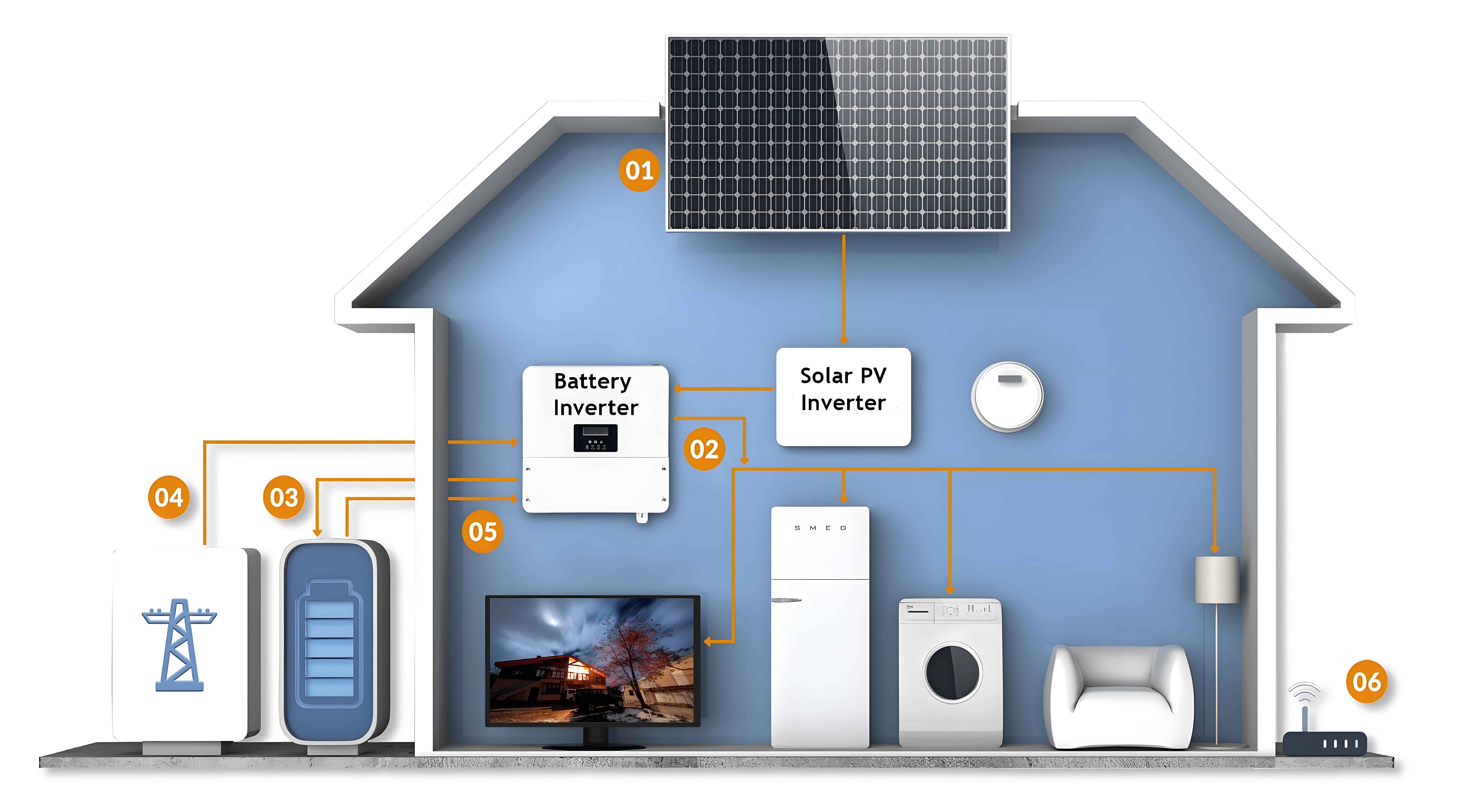
As businesses increasingly seek to reduce their carbon footprint and energy costs, the adoption of solar battery systems has become a compelling option for commercial properties. This article delves into the cost-benefit analysis of solar battery systems, highlighting the financial, environmental, and operational advantages they offer.
Introduction
Solar battery systems are designed to store excess solar energy generated during the day for use during nighttime or periods of low sunlight. For commercial properties, this technology promises a reduction in energy costs, enhanced energy security, and a lower environmental impact. However, the initial investment can be substantial, and understanding the cost-benefit dynamics is crucial for informed decision-making.
Financial Considerations
Initial Investment
The upfront cost of installing solar battery systems can vary widely based on the size of the system, the specific technology used, and the installation complexity. On average, commercial solar battery systems can range from $50,000 to $200,000 or more.
Operational Savings
- Reduced Electricity Bills: Solar battery systems enable businesses to store excess solar power and use it during peak demand periods when electricity rates are higher. This can significantly reduce electricity bills.
- Demand Charge Reduction: Many commercial properties are subject to demand charges, which are based on the highest level of power usage during a billing cycle. By using stored solar energy during peak times, businesses can lower their demand charges.
- Incentives and Rebates: Various government incentives and rebates can offset the initial cost of solar battery systems. These can include tax credits, grants, and other financial incentives aimed at promoting renewable energy adoption.
Long-Term Financial Benefits
- Energy Independence: Solar battery systems can provide a level of energy independence, protecting businesses from fluctuating energy prices and potential grid outages.
- Return on Investment (ROI): Depending on energy usage patterns and local electricity rates, the ROI for solar battery systems can range from 5 to 10 years.
Environmental Benefits
- Reduction in Carbon Footprint: By using stored solar energy, commercial properties can reduce their reliance on fossil fuels, thereby lowering their carbon footprint.
- Sustainability Goals: Adopting solar battery systems can help businesses meet their sustainability goals and enhance their corporate social responsibility (CSR) profile.
Environmental Impact Table
| Benefit | Description |
|---|---|
| Carbon Emission Reduction | Decreased reliance on fossil fuels |
| Renewable Energy Use | Increased use of clean, renewable energy |
| Waste Reduction | Less reliance on traditional power plants |
Operational Benefits
- Energy Resilience: Solar battery systems provide backup power during grid outages, ensuring continuous operation and reducing downtime.
- Grid Stability: By reducing peak demand on the grid, solar battery systems contribute to overall grid stability.
- Scalability: Solar battery systems can be scaled to match the energy needs of a commercial property, making them a flexible solution for businesses of all sizes.
Challenges and Considerations
- High Initial Cost: The upfront cost of solar battery systems remains a significant barrier for many businesses.
- Maintenance Requirements: Solar battery systems require regular maintenance to ensure optimal performance and longevity.
- Technological Advancements: Rapid advancements in technology can make it challenging to choose the right system, as newer, more efficient options may become available soon after installation.
Challenges and Solutions Table
| Challenge | Solution |
|---|---|
| High Initial Cost | Explore financing options, incentives, and rebates |
| Maintenance Requirements | Establish a regular maintenance schedule |
| Technological Advancements | Keep abreast of industry developments |
Conclusion
The cost-benefit analysis of solar battery systems for commercial properties reveals a promising opportunity for businesses to achieve substantial financial, environmental, and operational gains. While the initial investment can be high, the long-term benefits, including reduced energy costs, enhanced energy security, and a smaller carbon footprint, make solar battery systems a worthwhile consideration. By carefully evaluating the specific needs and circumstances of their property, businesses can make informed decisions that align with their sustainability and financial goals.
In summary, solar battery systems represent a forward-thinking investment that can pay dividends in terms of cost savings, operational resilience, and environmental responsibility. As technology continues to advance and costs decrease, the adoption of solar battery systems is likely to become increasingly attractive for commercial properties.
